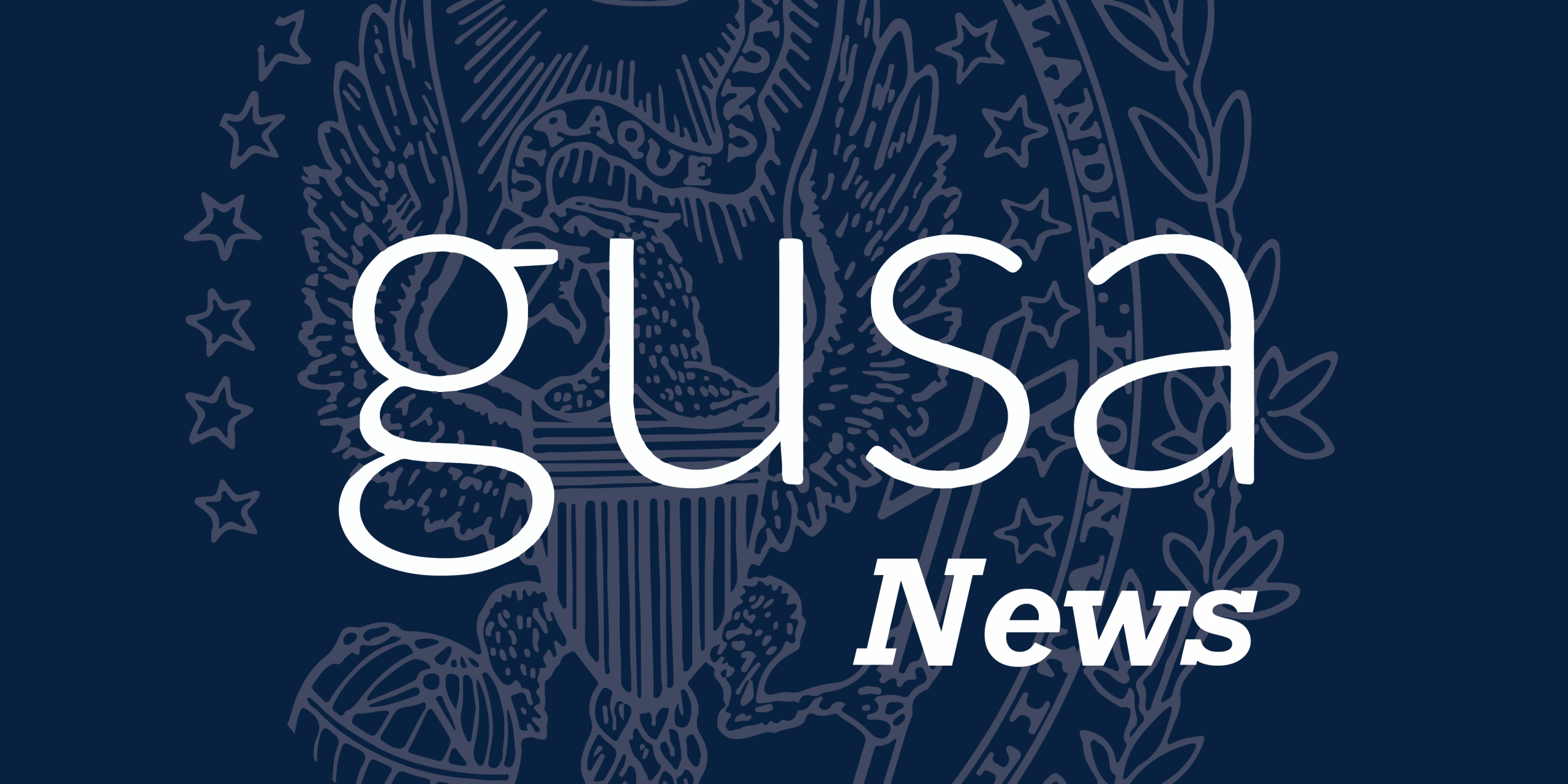The GUSA Senate passed a resolution affirming the Senate’s continued commitment to financial aid advocacy at their meeting on Aug. 16. The resolution follows previous action taken by the Senate related to financial aid decisions after many students reported reductions in their financial aid packages.
Since the negative student response to financial aid decisions, the university has made some accommodations. For instance, Georgetown announced on Aug. 10 that students whose expected family contributions exceeded the value of the tuition cut would receive a tuition credit of up to $2,900. However, the GUSA resolution notes many students feel the university’s actions have not been sufficient to cover their financial needs.
The resolution demands increased transparency throughout the financial aid process, including the release of the formula Georgetown uses to calculate financial need, which is different from the one used by the FAFSA. Additionally, the resolution requests the Student Employment Office ensure work-study positions are available either asynchronously or during the evening and weekend for the fall semester so students in different time zones have access to work-study options.
The resolution also notes many undocumented students received federal work-study awards despite not being eligible to receive federal student aid due to their citizenship status. It suggests Georgetown review these students’ financial aid packages and award Georgetown-provided aid to make up for undocumented students’ ineligibility for federal student aid.
Sen. Rowlie Flores (COL ‘22) introduced the resolution by emphasizing the inaccessibility of many work-study options. “A lot of offerings from HoyaWorks only have nine to five working hours, which is impossible for people like me who live outside the east coast,” he said. “Undocumented students are still being offered student employment despite the fact they can’t work in the U.S., so this resolution would call for increasing access to other types of aid, such as the Georgetown scholarship.”
The resolution passed unanimously by a voice vote. There were no abstentions.
The Senate also passed a revision of the GUSA bylaws that standardized formatting, eliminated redundant and vague statements, and reorganized the document chronologically. Sen. Zach Volpe (SFS ‘23) introduced a report on the previous bylaws, which he explained were written 13 years previously and had not been comprehensively reviewed since. Volpe’s proposed amendments updated the bylaws to reflect new amendments and common GUSA practices in addition to correcting grammar and changing confusing elements.
Volpe’s report also suggested larger reforms to the bylaws for future consideration but did not implement these changes.
These changes included standardizing a process for electing senators by eliminating the GUSA Election Commission’s customary procedures of rank-choice voting and replacing them with a more majoritarian system of voting. Volpe argued current procedures are confusing for students not familiar with GUSA and suggested instead giving students the ability to cast one vote per district representative. Districts are currently determined by class year, though GUSA has previously used a voting system that elects senators based on regions of campus.
The report also suggested the Senate consolidate its policy departments. There are currently 26 policy departments, which Volpe argued is more than GUSA can manage effectively.
The revision passed the Senate by a unanimous voice vote. No senators abstained from voting.
Finally, the Senate passed an act to change the guidelines for student activities fee spending.
The Senate’s Finance and Appropriations committee (FinApp) is responsible for distributing the funds from the student activities fee, a set fee students pay every semester as part of their costs of attending Georgetown. FinApp allocates these funds to advisory boards at a yearly spring budget summit, and the advisory boards further allocate the funds to student clubs and organizations.
In light of Georgetown’s Fall 2020 plan, where most students will not receive on-campus housing or participate in on-campus club events, most student organizations have different budgetary needs. The act requires the FinApp chair to meet with the attendees from the previous budget summit to revisit budget totals and discuss whether funds should be redistributed. The act also implements a GUSA spending freeze on in-person and on-campus events through Jan. 3, 2021, and suspends allocation of money to the student empowerment fund through Dec. 3, 2020.
The act passed by unanimous consent.
This was the last Senate meeting before Senate elections. The next meeting will take place after the Senate election results are confirmed.
The Election Commission has not yet released the specific timeline for the Senate elections, though they will happen in September. The Senate will be conducting outreach for the elections between Aug. 30 and Sept. 6 to help students learn more about being a member of and running for the Senate.







